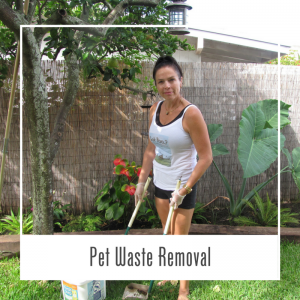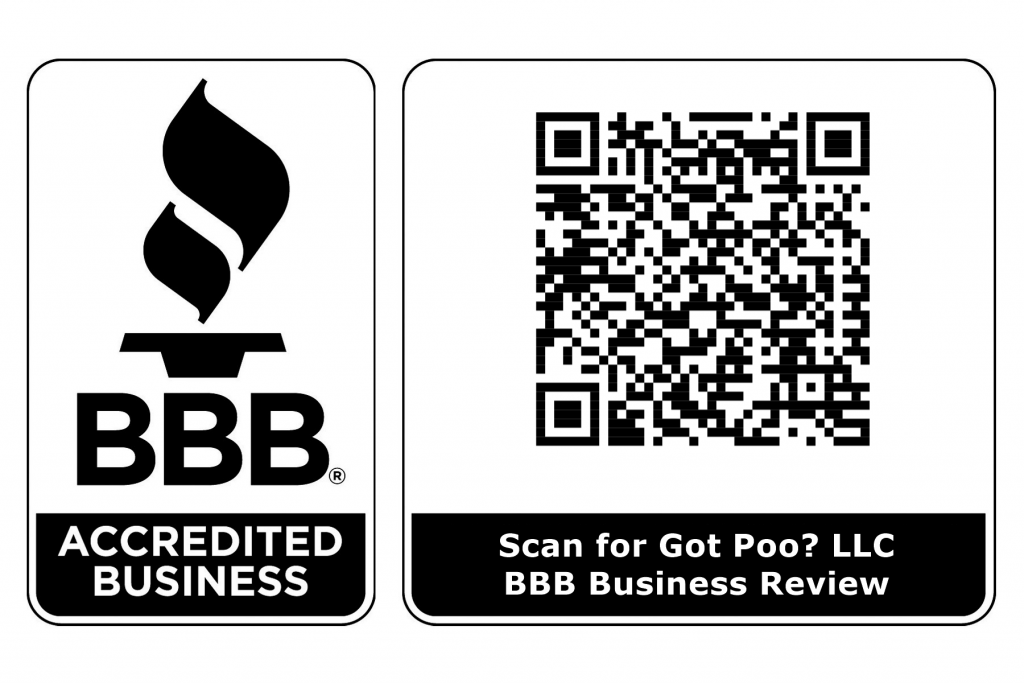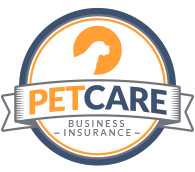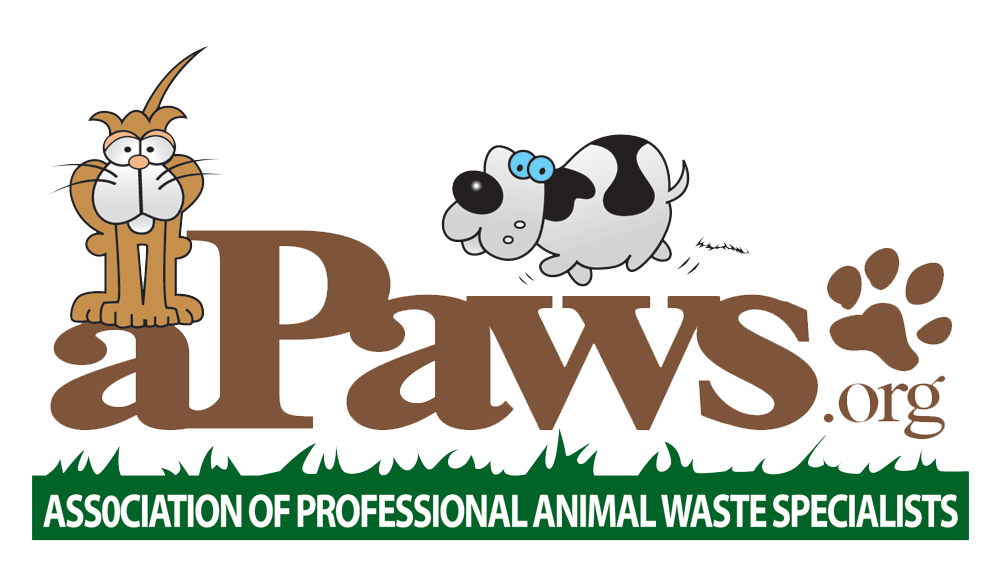Oahu Pooper Scooper Service
Pet waste contains parasites and bacteria such as E.coli, Giardia, Cryptosporidium (a protozoan parasite carried by dogs), and Salmonella. Pet poo poses health risks to pets and people, especially children. Hawaii’s Pollution Prevention information states that leaving dog waste in your yard leads to water pollution by washing into streams and the ocean, contaminating marine life.
Why Scoop Da Poo?
♦ Dog waste is dangerous to waterways & the environment – The EPA estimates that two or three days’ worth of droppings from a population of about 100 dogs would contribute enough bacteria to temporarily close a bay and all watershed areas within 20 miles of it and prevent all swimming, fishing and shellfishing.
♦ The dog poop in your yard doesn’t just disappear. Bacteria, worms and other parasites thrive in unattended waste. The poop breaks down into the soil with rain and water washing over it carrying its polluting and harmful bacteria into our water tables, streams, and ocean leading to closure or our islands favorite beaches.
♦ Dog poop can carry parasites and bacteria that can be transmitted directly to humans and make them sick. Our kids play in the yard and they are not always great at washing their hands. Roundworm is one of the most common parasites found in dog poop and it can remain infectious in contaminated soil and water for years.
♦ Contaminated waste can make dogs sick, too. When furry friends become sick, contagions are typically passed through their deposits and into the yard. When this waste is not scooped up, pets have a high risk of catching infections over and over again.
♦ Rodents love dog poop… it can be a food source for rats and other rodents.
♦ Mowing poop in to the grass does not get rid of it. Just because you can’t see it anymore doesn’t mean it’s not there!
♦ Dog poop ruins your yard, making it unusable, unsightly, and inviting flies to move into your property.

Dog Poop FAQ’s

How much does my dog poop?
Of course, the amount of waste your pet produces greatly varies from breed, size, and their diet. However, the estimated average a dog poops are about 2-3 times a day and can be up to 3/4 of a pound. Puppies can poop up to 8 times a day!

Isn’t dog waste a good fertilizer?
Unlike what most people think, not all poop is fertilizer, and that includes dog poop.
More than likely, you feed your dog a high protein diet that creates very acidic feces. And acidic dog poo is bad for your grass and garden. That’s why you’ll notice your grass browning in the areas your dog poops if you don’t clean it up.
Dog poop also contains bacteria and parasites. Parasites can lay dormant in the soil for years causing potential health hazards. The toxic bacteria from dog poop seeps into our water tables causing health problems. Dog waste is the 3rd largest contributor to bacterial pollution in our waterways. Runoff flows into our streams and out to the ocean causing serious water quality issues. Dispose don’t compost.

What’s the best way to dispose of dog waste?
Discarding your pet waste in a bag and into the trash collection bin helps prevent it from becoming an environmental pollutant and health risk.
The City And County Of Honolulu’s H-POWER waste-to-energy plant in Campbell Industrial Park does a pretty good job to safely handle substances such as dog waste, cat litter, and dirty diapers. If you are already placing it in the trash, keep up the good work.

ADDRESS
Got Poo…? Pet Waste Removal & Pet Services
Kailua, HI 96734
CONTACT
FOLLOW US
OPPORTUNITIES



